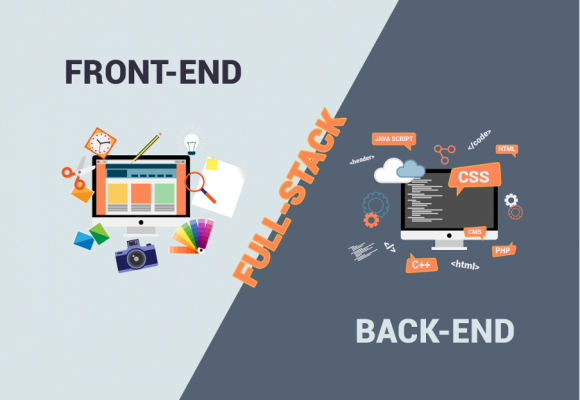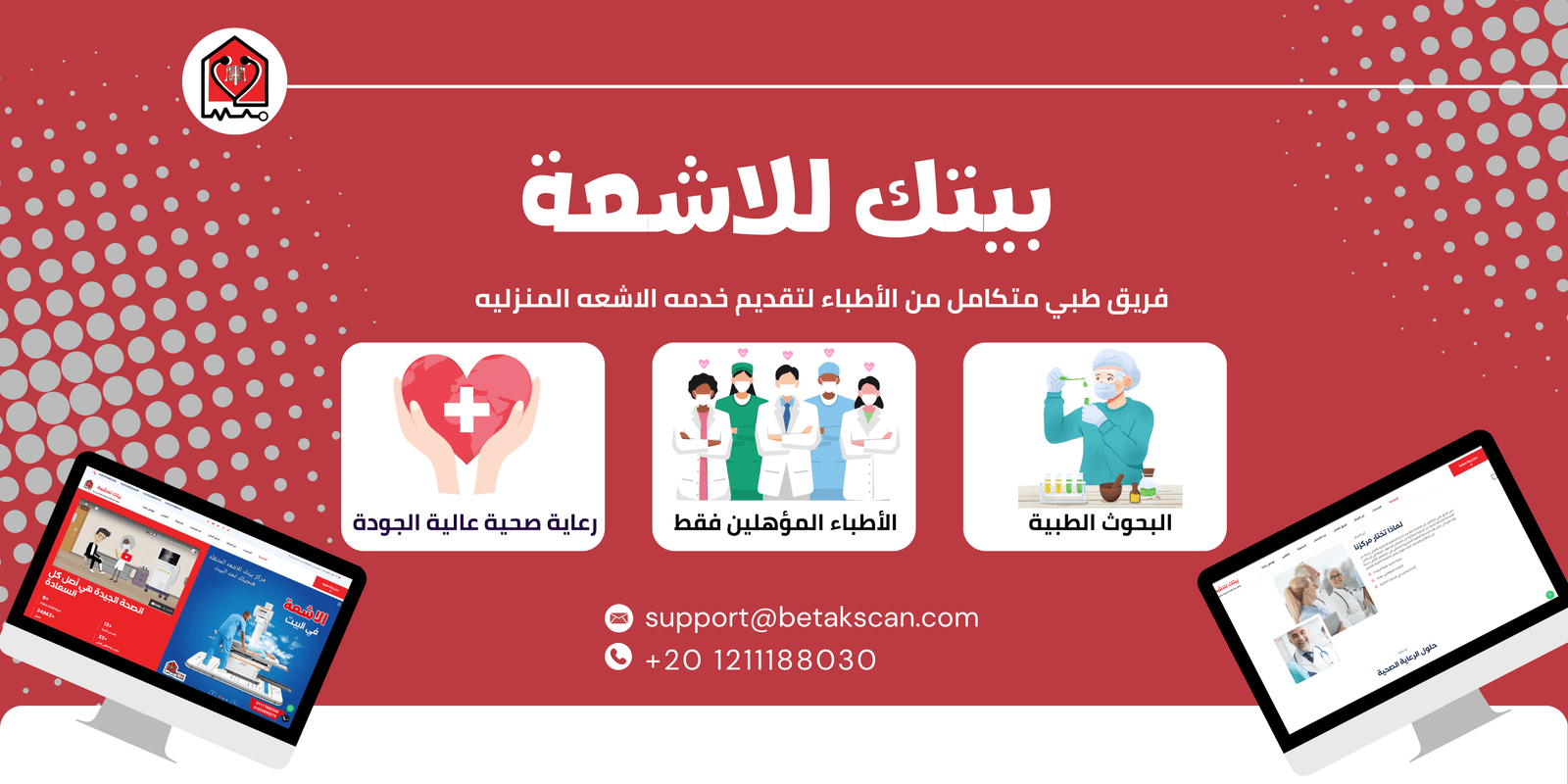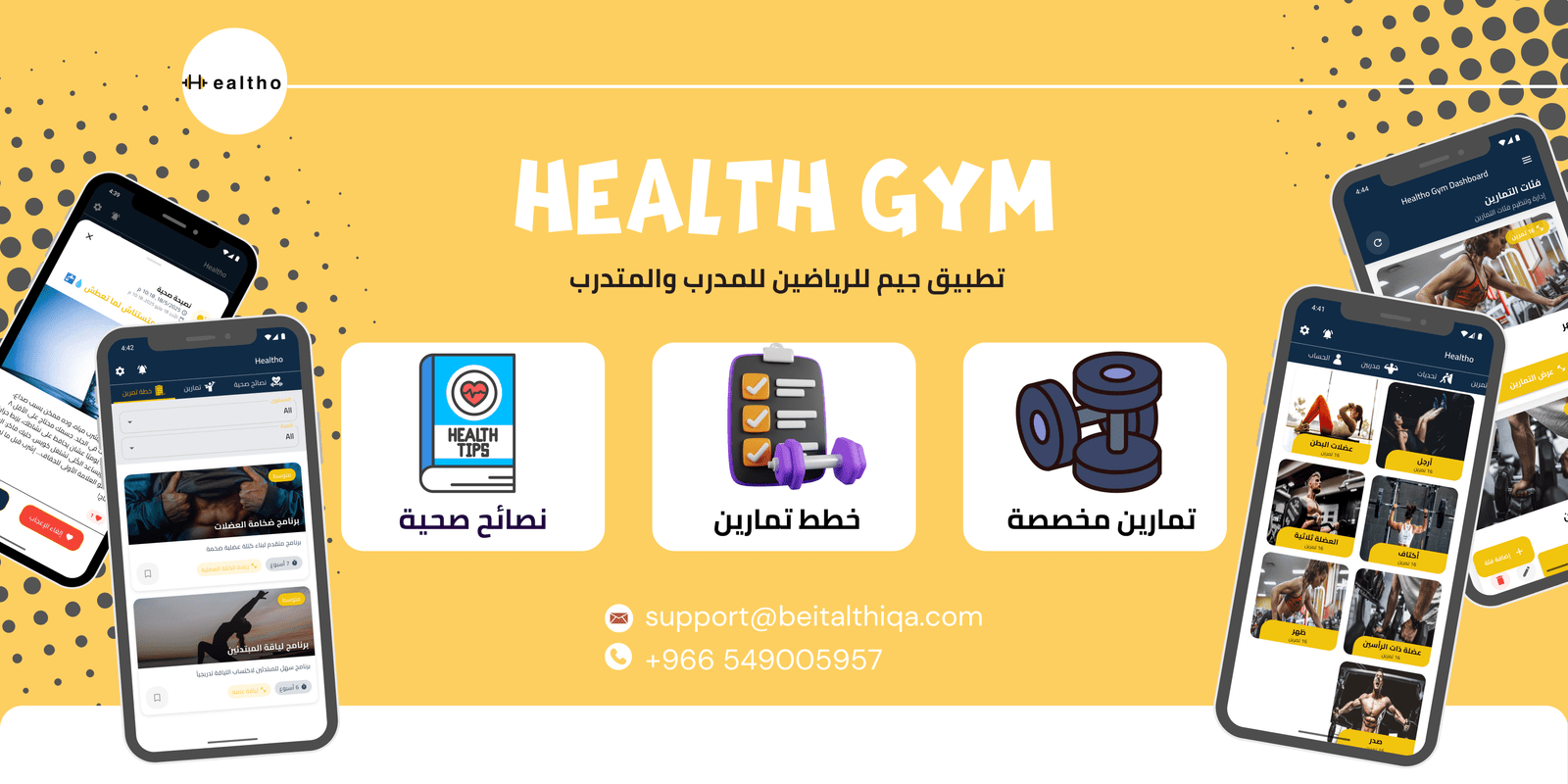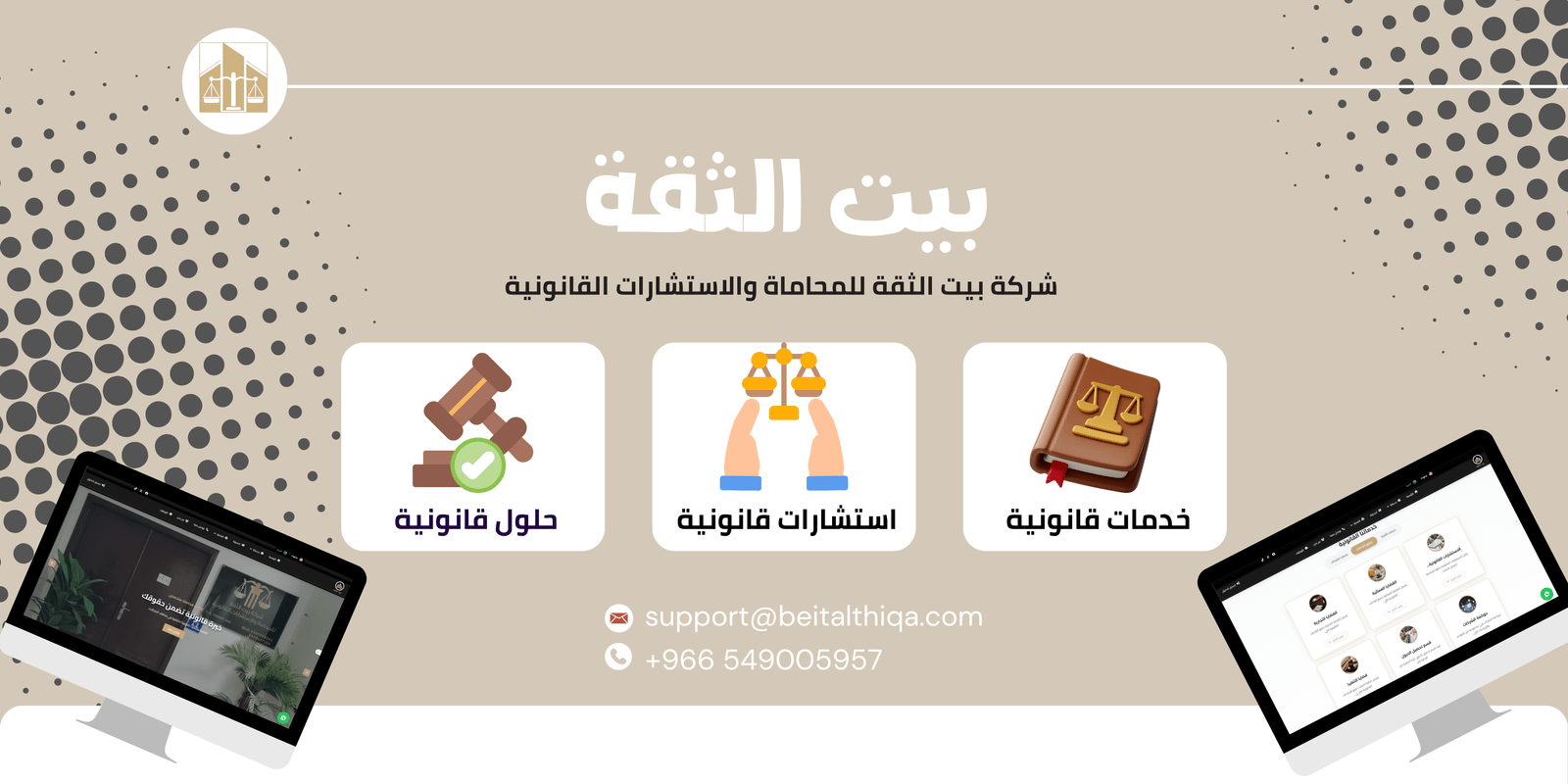In today's world, it's not enough for your app or website to provide an excellent service, it has to look like one from the get-go. The user interface (UI) has become a crucial element in determining whether a user will continue using your product or close it within seconds.
In this article, we give you a practical guide to designing an attractive and professional UI, with secrets and principles that the world's best designers rely on.
1. Simplicity is Key
The first and most important rule of interface design is simplicity. Don't clutter the screen with too many elements. The user is looking for what matters, not for embellishments.
Use few but consistent colors
Keep texts short and clear
Minimize unnecessary notifications and animations
2. Maintain Consistency
Consistency makes the user experience more comfortable. If the button on one page is blue and says “Next”, it shouldn't be red and say “Continue” on another page.
Use the same font type across all screens
Select a Color Palette
Don't change the shape of buttons or interaction elements for no apparent reason
3. Think like a user, not a designer
You know the app well because you designed it, but the user is seeing it for the first time. Put yourself in their shoes:
Will I easily understand this icon?
Is it easy to find the basic functions?
Is the navigation between pages logical and fast?
We always do interface tests with real users before launching.
4. Use Visual Hierarchy
Not all information is equal. You should guide the user's eye to the most important first, then the least important.
Make headings larger
Use colors to highlight important buttons
Balance spacing to put the reader's eye at ease
5. Invest in clear icons
Icons that are vague or look alike can confuse the user. Don't create new icons from your imagination, use standard and recognizable icons from trusted libraries like Font Awesome or Material Icons.
6. Don't neglect Dark Mode
Many users prefer night mode, especially in apps that are used for long hours. Designing a dark version of the interface shows professionalism and pleases the audience.
7. Test, Test, Test
Even the most beautiful design can have a glitch in the experience. Therefore, the design should be tested on different screens (mobile, tablet, desktop) and in the hands of real users. Their feedback will open your eyes to what you haven't noticed.
How does our design team work?
In our team, we always start with a deep understanding of the project's identity. We determine the nature of the target audience, create Wireframes for the final form, and build the design through tools like Figma, keeping UX rules in mind and optimizing the interface to be engaging, fast, and easy to interact with.
Conclusion:
UI isn't just colors and fonts, it's the bridge between your product and the user. Every button, every color, every icon influences the decision the user will make in an instant: Continue... or leave. Let the design speak for you, and let it invite the user to stay.
![How to Design a User Interface that Dazzles and Engages [A Practical Guide to a Professional Interface]](https://www.drkomy.com/storage/articles/KG8KUewszRNB07NAacbYg2QX8fP2J1qdkv5uyr7e.jpg)








